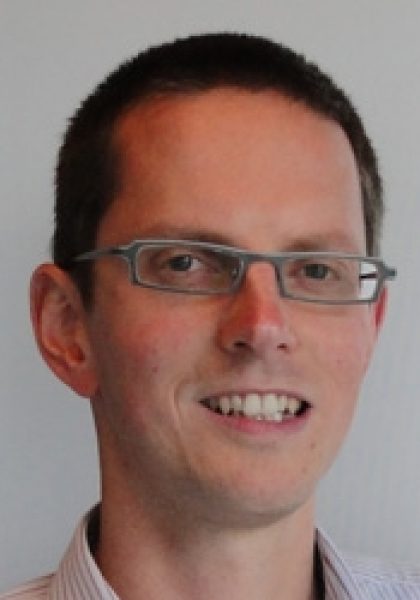Your capabilities
- You have a master degree in a graduate program Economics, (Bioscience) engineering, Business Administration or equivalent. Students who will graduate in 2024 may also apply. If you have a foreign diploma, we ask you to obtain equivalence recognition. You can apply for this at NARIC Vlaanderen
- You meet the generic conditions to carry out a PhD Doctoral grants: requirements and regulations - ILVO Vlaanderen
- You are interested in business models in the agri-food system
- You have basic knowledge about microeconomics
- You speak and write English fluently
Personal competences
- You can work independently but are also a team player
- You are capable of exchanging knowledge and ideas, contributing to a productive and collegial work environment.
- You are an excellent communicator, whether it concerns conferences, project meetings, or interviews with professionals from the agri-food sector
- You are strong in planning and organization
- You are analytically strong
Plus points
- You have experience with True Cost Accounting
- You are fluent in scientific writing
- You hold a driving licence B
We offer
We offer you a 4 year PhD position funded by ILVO and in close cooperation with a University.
- The doctoral scholarship is initially granted for 1 year and can be extended to 4 years, after a favorable evaluation. The scholarship is free of personal income tax, but does contribute to your social security (e.g. pension).
- The grant amount is 2,696.82 net (3,102,29 gross) for the first 2 years. For the final 2 years the amount is 2.793,23 net (3.213,20 bruto). These amounts may differ from the scholarship amounts at the Universities.
You get a varied, challenging and socially relevant job in a dynamic environment with attractive working conditions and development opportunities. Hybrid work is possible if the position allows it.
Additional: Hospitalization insurance, commuting allowance (bicycle – public
transport), meal vouchers (8 €/day). An additional week of holidays are given between Christmas and New Year’s Day.
Your doctoral research is embedded in the REFORM project, a collaboration between ILVO, KU Leuven and the University of Antwerp, and financed by the Flemish science foundation FWO.
The agri-food system is essential for the supply of food, fiber and fuels, among other things. The system generates economic value, but also has social and environmental impacts, such as emissions, erosion, effects on biodiversity, etc. Several of these effects can be regarded as externalities: they constitute a negative (or positive) effect for society without being a cost (or revenue) for the entity causing the effect. Business models within the agri-food system therefore often do not take these effects into account.
Within the REFORM project you investigate how existing business models in the agri-food system can become more sustainable. The 'True Cost Accounting' method allows you to analyze the actual costs of production models, including the value of external effects. You also analyze how business models can change to create additional value in terms of greater sustainability. You determine whether the cost of creating this extra value is higher than the value created itself. You involve stakeholders from the field to analyze the feasibility and scalability of the proposed adapted business models.
What does your job look like?
- You build a framework, based on True Cost Accounting, to analyze the sustainability of agro-business models
- You apply the framework to existing business models in the agri-food system
- You analyze how existing business models can change in order to become more sustainable
- You analyze to what extent the cost of these changes is compensated by additional value that is created

